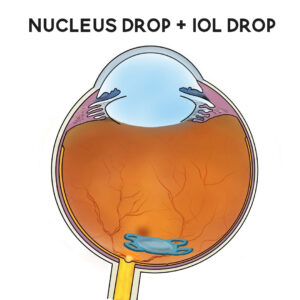
What is Nucleus Drop?
Nucleus Drop refers to a situation in cataract surgery where a portion of the cataractous lens nucleus falls into the vitreous cavity of the eye. During cataract surgery, the natural lens is removed, but in rare cases, a fragment may accidentally fall into the vitreous space. This can happen if the lens is too hard or if complications arise.
What Are the Risks of Nucleus Drop?
A Nucleus Drop can lead to serious complications, such as:
Retinal Detachment: The dropped fragment may increase pressure, raising the risk of retinal detachment.
Endophthalmitis (Infection): If not treated properly, bacteria can cause severe infection.
Blurry Vision: The fragment can impair vision, requiring prompt Nucleus & IOL Drop Treatment in Patiala.
Treatment for Nucleus Drop
If you experience a Nucleus Drop, specialized Nucleus & IOL Drop Treatment in Patiala is essential. Treatment may include:
Vitreoretinal Surgery: A retina surgeon removes the fragment using advanced techniques.
Retinal Monitoring: Post-surgery, the retina is checked for detachment risks.
Post-Operative Care: Follow-up care ensures proper healing.
What is Intraocular Lens (IOL) Drop?
IOL Drop occurs when the artificial lens (implanted during cataract surgery) dislocates. This can cause blurred vision, double vision, or glare.
Symptoms of IOL Drop
Blurred or distorted vision
Double vision (diplopia)
Glare or halos around lights
Treatment for IOL Drop
For IOL Drop, Nucleus & IOL Drop Treatment in Patiala includes:
Repositioning the IOL: If the lens is only slightly displaced, it can be adjusted.
Replacing the IOL: Severe cases may require a new lens.
Post-Surgical Care: Proper aftercare prevents complications.
How Are Nucleus Drop and IOL Drop Related?
Both conditions are rare but serious complications of cataract surgery. They require expert Nucleus & IOL Drop Treatment in Patiala to prevent vision loss.
Why Choose Dr. Harsh Inder Retina Center?
For the best Nucleus & IOL Drop Treatment in Patiala, trust Dr. Harsh Inder Retina Center. Our specialists use cutting-edge techniques to restore vision safely.
When to Seek Help
Seek immediate Nucleus & IOL Drop Treatment in Patiala if you experience:
Sudden vision changes
Eye pain or redness
Flashes or floaters
Conclusion
If you face complications like Nucleus Drop or IOL Drop, timely Nucleus & IOL Drop Treatment in Patiala is crucial. Dr. Harsh Inder Retina Center provides expert care to protect your vision. Schedule a consultation today for the best outcomes.
What we Serve
Our Services
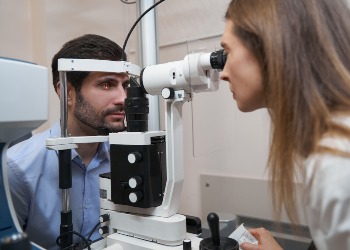
Surgical Management Services
Our Surgical Management Services cover a spectrum of critical eye procedures, including retinal detachment, vitreous hemorrhage, vitreomacular traction, nucleus drop + IOL drop, endophthalmitis, and trauma interventions. Led by Dr. Harsh Inder Singh, our highly skilled team is dedicated to providing expert surgical care for various eye conditions. We combine advanced surgical techniques with a patient-centric approach to ensure optimal outcomes and patient satisfaction.
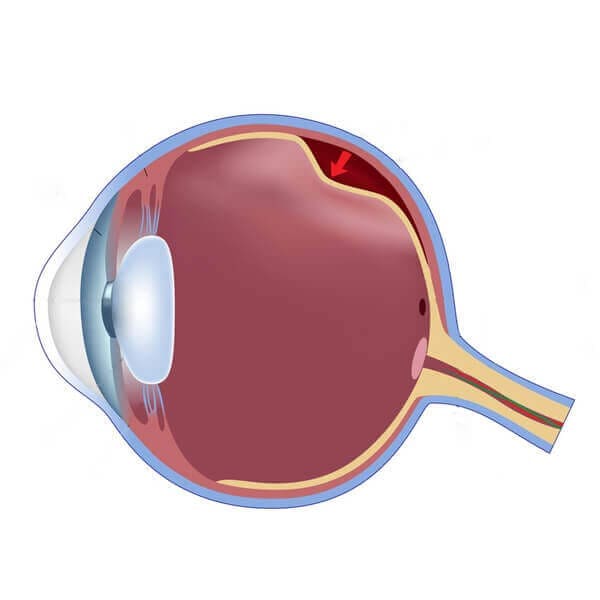
Retinal Detachment
Retinal detachment is a serious eye emergency that requires prompt surgical intervention. Our experienced surgeons specialize in retinal detachment repair, restoring vision and preventing permanent vision loss. Learn more about our expertise in retinal detachment surgery.
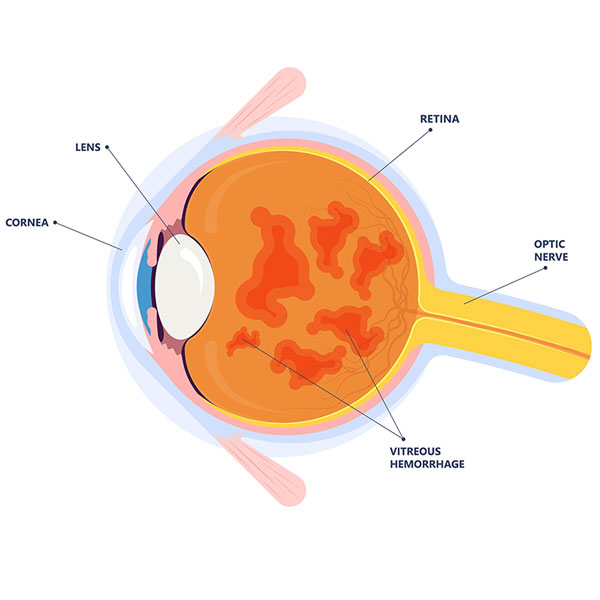
Vitreous Hemorrhage (Bleeding In Eye)
Vitreous hemorrhage refers to bleeding into the vitreous humor, the gel-like substance inside the eye. Our skilled team provides surgical management for vitreous hemorrhage, addressing the underlying cause and restoring visual clarity.
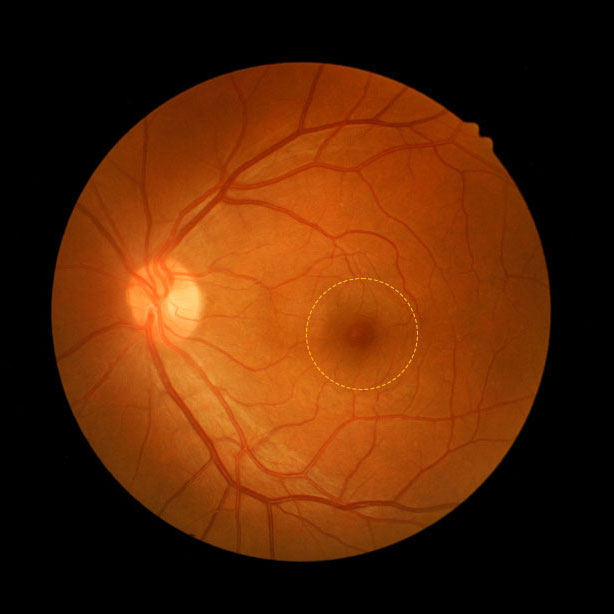
Vitreomacular Traction, Macular Hole, ERM
Vitreomacular traction, macular hole, and epiretinal membrane (ERM) are conditions affecting the macula, the central part of the retina responsible for sharp, central vision. Our surgeons specialize in delicate procedures to address these conditions
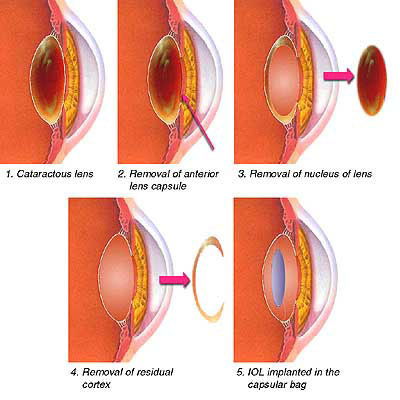
Nucleus drop + IOL drop
Nucleus drop and intraocular lens (IOL) drop are complications that can occur during cataract surgery. Our surgical team is skilled in managing these complications swiftly and effectively to ensure optimal outcomes for our patients.
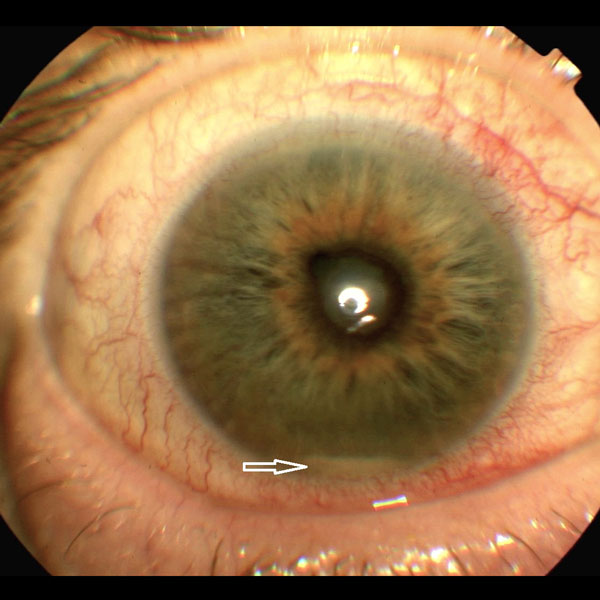
Endophthalmitis
Endophthalmitis is a severe eye infection that can result in vision loss if not promptly treated. Our specialists are experienced in the diagnosis and surgical management of endophthalmitis, providing timely intervention to preserve vision.
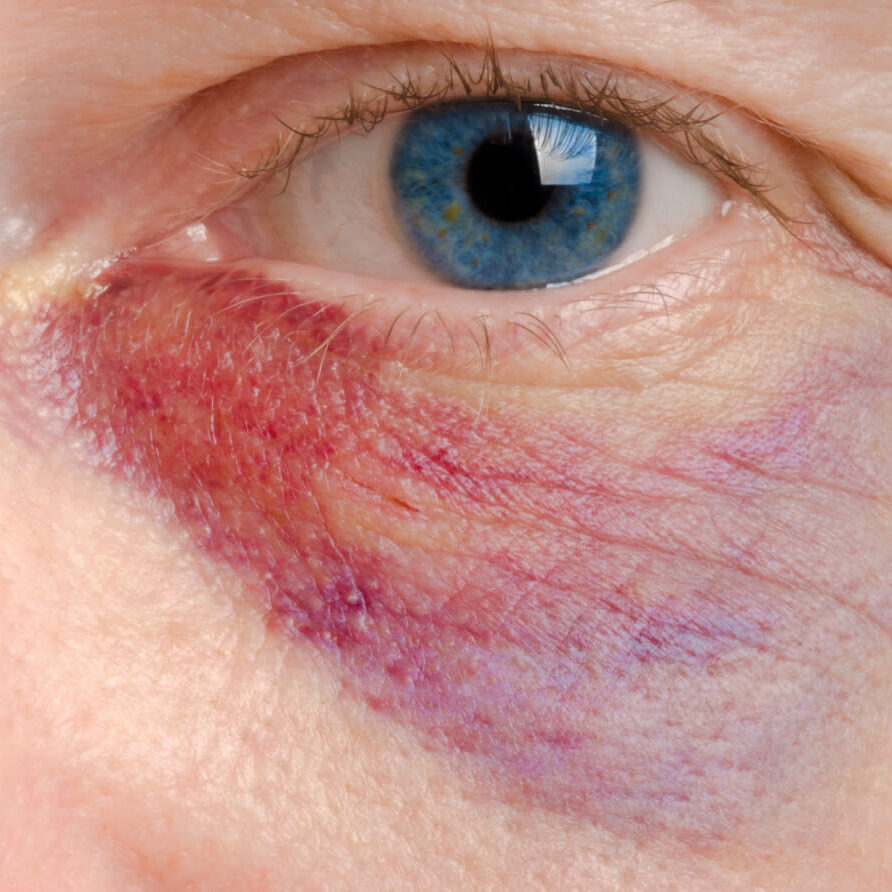
Trauma
Eye trauma requires immediate medical attention to prevent permanent damage and vision loss. Our team is equipped to handle various types of ocular trauma, providing comprehensive care to restore eye health and function.
